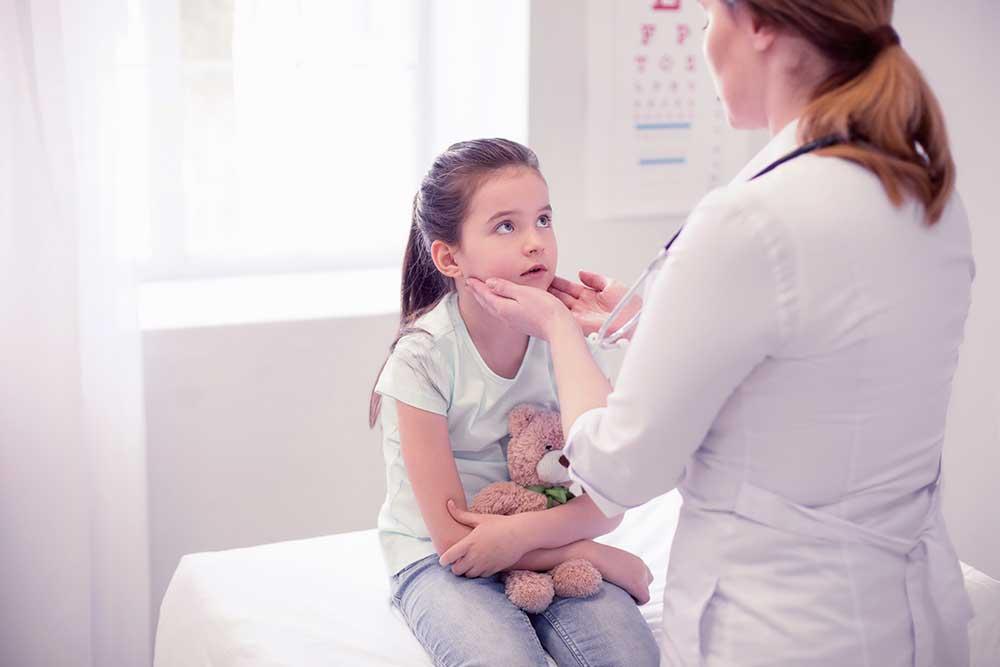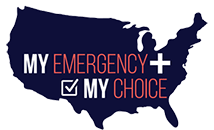Preparing Your Child for Their First ER Visit

The moment you become a parent your world opens up to a universe of new experiences and sensations. Most are wonderful, enriching, rewarding and enlightening. A few are upsetting, troublesome or downright terrifying.
Kids’ boundless energy and zest for life, their natural curiosity and equally natural ignorance of the many dangers around them can lead them into all kinds of trouble. As parents, it’s our job to know how to handle life’s scarier moments calmly, quickly, and with as little drama as possible.
Here’s how to survive your child’s first ER visit, making the experience as non-threatening and non-frightening as possible — for both of you.
Make a Plan for the ER Visit
Just as you’d plan for any trip, it pays dividends if you know where to turn and how to act in an emergency. Long before you need it, you should know where your nearest ER is and how to get there. You should also know their opening times since some clinics are not open 24 hours. Making a note of phone numbers and addresses is useful since these often slip the mind in stressful situations.
It’s a good idea to discuss potential emergencies with your primary care provider so they can advise on emergency rooms or clinics, as well as when you should call 911. Such instances could include:
- When a child has difficulty breathing
- Your child is unconscious
- You suspect spine or neck injuries
- There is excessive bleeding
- After a car accident
- There is a chance of poisoning, or after swallowing household chemicals or adult medications
Unpleasant as it is, think through how you’d handle childhood emergencies so you have a plan if you need it.
Before You Get to the Emergency Room
Here’s how to prepare for a visit to the emergency room when you know it’s inevitable:
- First, reassure the child the doctors will make them feel better and you’ll be with them. Kids get scared when they don’t know what’s happening or what to expect, and your calm reassurance will help them cope.
- Pack some things to pass the time while you wait. Emergency rooms can be busy places, and unless an injury or illness is life threatening you will probably have to wait a while before you’re seen. Books, electronic games, snacks and drinks (check first that children are allowed to eat or drink), toys or other favorite comforters can help keep kids’ minds occupied.
- Delegate responsibility for other children by contacting family or neighbors who can help with school runs or babysitting while you’re at the ER. It’s helpful if you can leave other children at home so they don’t have to wait with you. That way, you can give all your attention to your sick child.
- Write down and keep handy a list of medications your child is taking, any allergies they have, or previous procedures they’ve undergone. Take medical insurance cards, your own doctor’s contact details, and have the events leading up to the accident clear in your mind. You may need to relay this information to several different members of ER staff, and it helps you remember if it’s written down.
- Pack a change of clothes for yourself and your child. While in most cases you’ll both go home after treatment, sometimes a child needs to stay in hospital and it’s useful if you already have what you need.
At the Emergency Room
Be prepared to wait. A nurse will assess your child so they can see the extent of injury or illness. This initial exam helps ER staff prioritize treatment based on severity. You’ll register and probably be asked to sign permission forms and for your health insurance.
Keep your child calm. Emergency rooms can be stressful places, full of sick people and those in pain, and this can be distressing for children. Your reassurance will help your child relax and feel more confident and in control. Try not to let them see your own feelings of upset or panic. They may also need reassurance their pain isn’t their fault or any kind of punishment, no matter how the accident happened.
If you can, explain to the child what is happening and what they will feel if they have tests involving diagnostic machinery. Ask the medical staff to do this if they don’t do it naturally, which most will.
Following treatment, you may be given documentation of what happened in the ER, which you should pass along to your doctor. Some ERs will send information to the doctor themselves. Ask, if you’re unsure what happens next.
Accidents happen despite our best efforts to avoid them. Knowing where to go and what to expect gives you confidence that you can cope, and this in turn empowers you to be calm and reassuring to your child when he or she is in difficulty.




